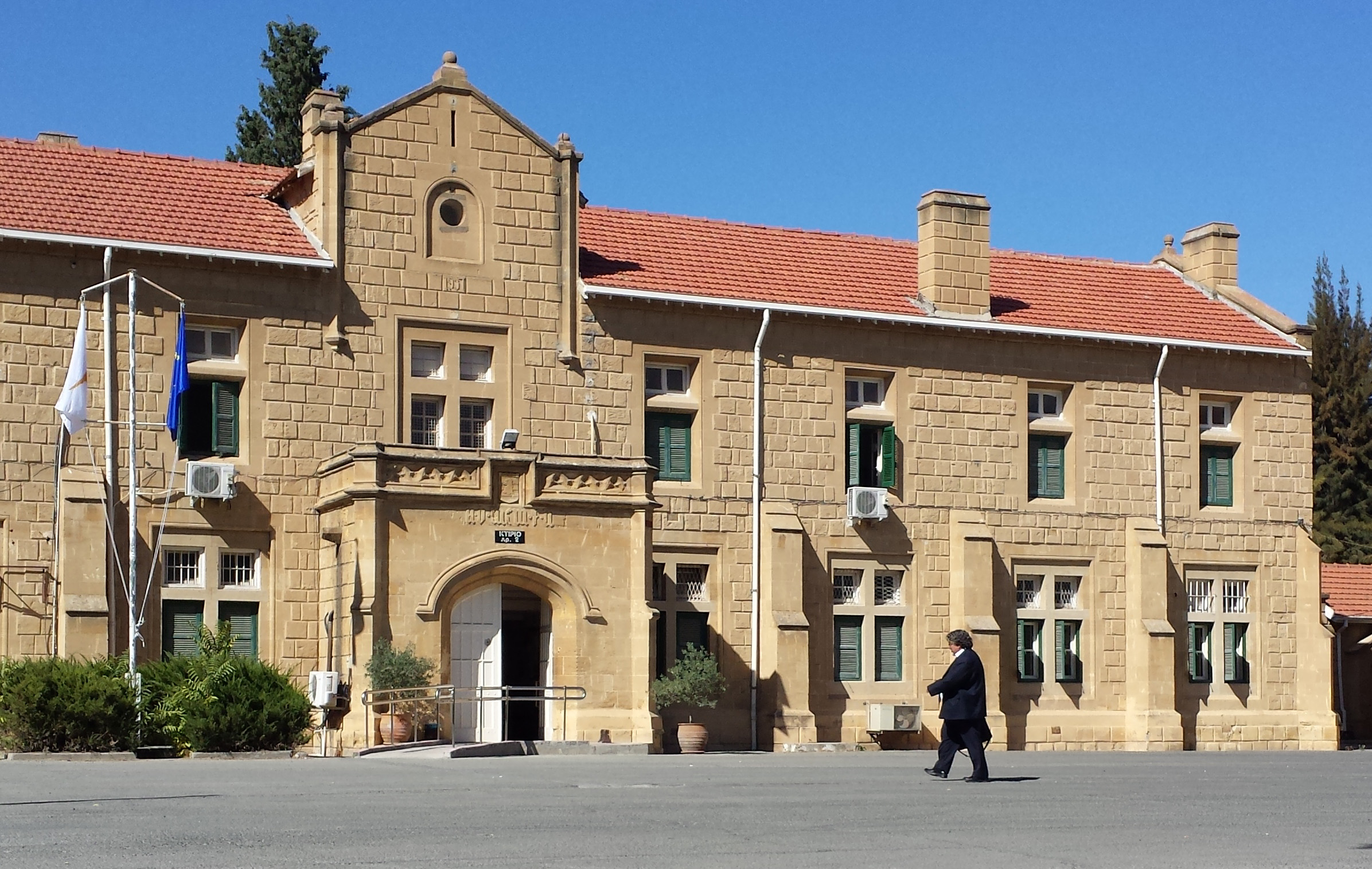A court’s acquittal of five Israeli men accused of abducting and raping a British woman in Ayia Napa has sparked widespread outrage, with many calling for the verdict to be overturned. On Monday, a three-member district court in Paralimni dismissed the charges, citing what it described as the “incoherent” testimony of the 20-year-old woman, who had alleged that she was sexually assaulted during a night out in the resort town last September.
The men, aged between 19 and 20, maintained that any sexual contact was consensual.
Their defence was supported by lawyer Nir Yaslovitz, who told Israeli television:
“It is a brave decision that completely rejected the complainant’s version and fully accepted our clients’ version.” Following the acquittal, all five men were released from custody after being held since the incident.
However, the victim’s legal representative, Michael Polak, who heads the legal aid group Justice Abroad, dismissed the defendants’ claims. Speaking to The Guardian, Polak condemned the verdict, pointing out the absurdity of suggesting that the woman, a gay individual, had voluntarily participated in a group sex act with strangers speaking a foreign language.
“She is distraught,” he said. “It was one of the hardest phone calls I have ever had to make.”
The ruling has also sparked a wider conversation about gender bias in the Cypriot justice system. Polak, whose organisation campaigns for the rights of those subjected to sexual violence, expressed his concern over a “patriarchal” legal system that, he believes, continues to fail victims of sexual offences. This is not the first such case to highlight the challenges women face in seeking justice in Cyprus. In February, a British woman won a landmark case against Cypriot authorities after they failed to adequately investigate her rape complaint, which also took place in Ayia Napa in 2019.
The judge in this latest case, Michalis Papathanasiou, had also presided over the earlier trial, which saw Cyprus’ Supreme Court criticise his handling of the proceedings. The court found that Papathanasiou had acted inappropriately, with the verdict stating that his conduct during the trial had been “manifestly unfair.” The ruling, which involved more than a dozen Israeli men, had already drawn attention to the country’s handling of sexual assault cases.
Women’s groups have expressed their shock and anger at the court’s verdict, especially over its treatment of the victim’s alcohol and drug consumption. While acknowledging that the woman had taken drugs and consumed alcohol before the incident, the court ruled that this did not affect her ability to consent. Susana Pavlou, head of the Mediterranean Institute of Gender Studies, said the decision was “particularly shocking,” adding that it revealed the court’s reliance on harmful stereotypes about sexual violence victims.
Pavlou noted that the case highlighted the continued lack of psychological and legal support for women navigating the judicial system, leading to victims being deemed unreliable witnesses.
“We are shocked and appalled,” she said.
The case has raised questions about the potential influence of Cyprus’s close diplomatic ties with Israel on the verdict. The calls for the ruling to be challenged have only intensified, as many believe that the decision reflects a deeper failure of the Cypriot justice system to adequately address the issue of sexual violence. With growing calls for reform and accountability, the pressure for change in how these cases are handled in Cyprus is mounting.






Click here to change your cookie preferences